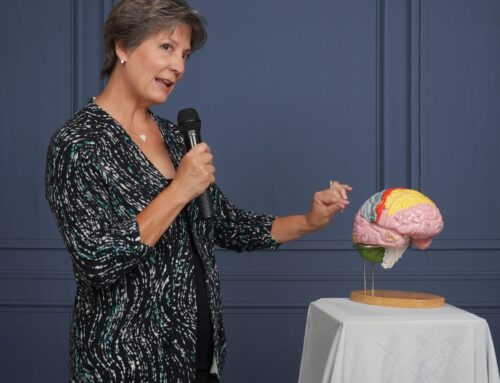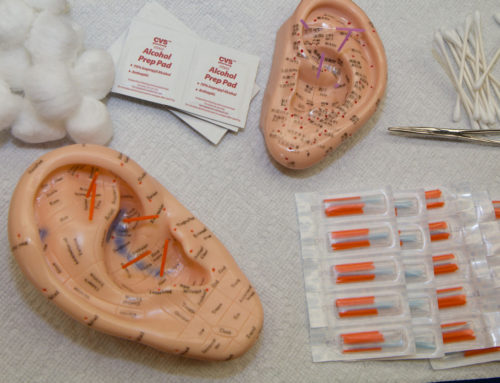Just imagine…
John walks into a bank and notices things look different. A moment later, he’s roughly shoved against the wall. He hears a gunshot and smells the gunpowder. He looks up to see a person running out the door.
Jim walks out of the coffee shop when a person runs by him. His coffee spills on the sidewalk, and he yells an expletive at the fleeting person’s back.
Two people experienced different parts of an event. Who has the better memory of the incident?
The answer: it depends. The brain stores information from our senses (sight, sound, touch, taste, smell), along with other data (date, time, location, etc.). But if there is high stress or emotion attached to an event, the memory is processed differently.
Regular Memories
Our brain typically stores ‘regular’ memories in the hippocampus and includes basic information such a—I was here on this date and this happened. Memory processing happens quickly when there are no high emotions attached.
However, when high stress/emotion is involved, the hippocampus begins to shut down. The memory goes to a small, almond shape part of the brain called the amygdule. Even after the danger is passed, the amygdule sifts through the information and emotions as if it is about to happen again. And the memory repeats over and over along with the emotions and feelings.
High Stress Memories
Days, months, or years later, a sound, scent, or any sense activated and emotion felt during the original trauma can trigger and replay an event as if it was happening in real-time. Each person has individual responses to a high-stress event. While some people experience a trauma reaction that can be processed on their own, others need help to overcome a Post Traumatic Stress Disorder diagnosis.
The last time a car hit me from behind, I was stopped at an intersection. I watched in my rearview mirror as the other car got closer and closer. Then the impact. Afterward, those images seemed to replay over and over, in slow motion. I could feel the panic as if it was happening all over again. I was stunned that the accident occurred, and it was as if my brain slowed everything way down to help me figure things out. It wasn’t until I got therapy to resolve the event that things began to calm and fade. But it took time.
Have you ever been stuck in a memory? Something that just repeated and you felt couldn’t be turned off?
In contrast, I was beside my Mom’s hospital bed when she peacefully died. I recall intense feelings of grief and sadness when the nurse told me Mom passed. As time passed, those intense feelings softened. Now, on birthdays or holidays, the loss is still there, but I’ve settled into memories of the happy times we had. Time has been kind and my heart has healed.
Isn’t it amazing how our minds work? I know firsthand that sometimes we just need time to process events. Resolving other events may require professional help. In both cases, time is our friend and really helps us heal.
Cheers!

Marilyn






